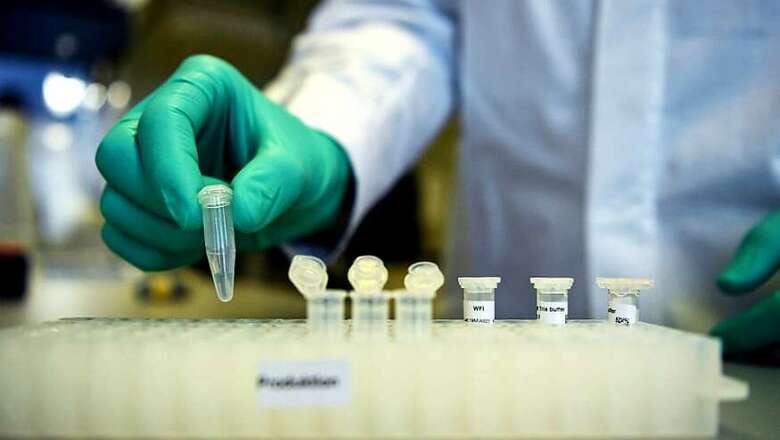
views
New Delhi: In an unexpected development, big tobacco has joined the fight against Covid-19. Philip Morris International Inc. and British American Tobacco Plc (BAT) are attempting to develop a defence against the novel coronavirus using a tobacco leaf, Bloomberg Quint reported.
BAT announced on Wednesday it is conducting a pre-clinical testing of a plant-based vaccine through US biotech subsidiary Kentucky BioProcessing. Swiss-domiciled multinational cigarette company Philip Morris said its partially-owned Canadian unit Medicago is looking to commence human trials for a possible vaccine this summer.
“We believe we have made a significant breakthrough,” said David O’Reilly, BAT’s director of scientific research. “We stand ready to work with governments and all stakeholders to help win the war against Covid-19.”
Big Tobacco isn’t exactly a new entrant in the field. In 2014, BAT’s Kentucky BioProcessing was involved in the creation of ZMapp, a drug for Ebola, along with Mapp Biopharmaceutical Inc.
With both drug-makers and start-ups are racing against time to develop a Covid-19 vaccine, this is being viewed as a key breakthrough.
Philip Morris’s Medicago employs a virus-like particle grown in a close relative of the tobacco plant, the report said. Plant-based vaccines imitate viruses and let the body’s immune system to identify them and develop an immune response, freezing the chances of them being able to replicate.
Meanwhile, Kentucky BioProcessing also cloned a segment of Covid-19’s genetic sequence, which led to a substance that induces the production of antibodies. The antigen was then placed into tobacco plants for reproduction. As per BAT, the technique produces the vaccine faster than conventional methods, bringing down the time needed from several months to around six weeks.
Chinese researchers had promptly shared the virus’s genetic sequence with other scientists, giving them the much-needed kickstart to look for possible vaccines. From drugs first created for HIV and to antibody-carrying plasma from recovered patients, researchers have been testing anything that could lead to a possible vaccine.



















Comments
0 comment